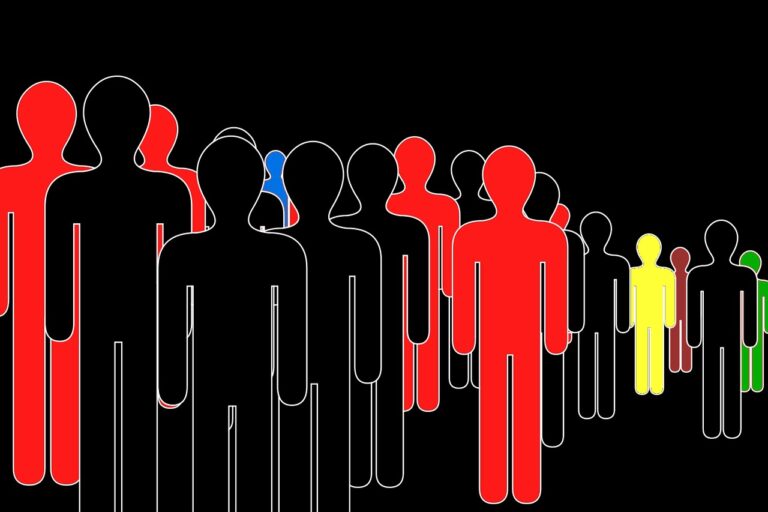Understanding the Impact of Online Disinformation Campaigns on Election Integrity
Social media platforms have become pivotal in shaping the way information is disseminated and consumed in today’s digital age. With billions of users worldwide, these platforms serve as powerful tools that influence public opinion and behavior. Their algorithms are designed to prioritize content based on user interaction, leading to the amplification of certain ideas and perspectives over others.
Furthermore, social media platforms offer a direct channel for individuals and organizations to connect with a global audience instantaneously. Whether it’s for sharing news, promoting products, or spreading awareness, these platforms have revolutionized the way information flows in society. However, this instantaneous nature also poses challenges, as misinformation and fake news can spread rapidly, blurring the lines between fact and fiction.
The Spread of False Information
False information, often referred to as “fake news,” has become a prevalent issue in today’s society. With the rise of social media platforms, misinformation can spread rapidly and reach a wide audience within seconds. The ease with which false information can be created and shared online has led to challenges in distinguishing between what is true and what is fabricated.
Inaccurate information can have serious consequences, leading to misunderstandings, creating fear, and even inciting conflict. The rapid spread of fake news can also significantly impact public opinion and decision-making processes. It is crucial for individuals to critically evaluate the information they encounter online and verify its accuracy before sharing it with others.
Targeted Manipulation of Public Opinion
Social media platforms have become powerful tools for targeted manipulation of public opinion. Through carefully crafted messaging and strategic dissemination of content, various entities can sway public perception towards a desired outcome. By tapping into the vast reach and influence of social media, these manipulative efforts can be highly effective in shaping narratives and influencing behavior.
The ability to micro-target specific demographics and individuals on social media enables manipulators to tailor their messages to resonate with their intended audience. This personalized approach allows for the amplification of certain ideologies, biases, or misinformation, ultimately leading to the distortion of public opinion on a particular issue. As such, targeted manipulation of public opinion through social media poses a significant challenge to the integrity of information and the functioning of democratic societies.
Social media platforms have become powerful tools for targeted manipulation of public opinion.
Carefully crafted messaging and strategic dissemination of content can sway public perception towards a desired outcome.
The vast reach and influence of social media make manipulative efforts highly effective in shaping narratives and influencing behavior.
Micro-targeting specific demographics and individuals enables manipulators to tailor messages to resonate with their intended audience.
This personalized approach amplifies certain ideologies, biases, or misinformation, leading to the distortion of public opinion on a particular issue.
Targeted manipulation of public opinion through social media poses a significant challenge to the integrity of information and the functioning of democratic societies.
What role do social media platforms play in targeted manipulation of public opinion?
Social media platforms serve as a powerful tool for spreading false information and manipulating public opinion through targeted advertising and algorithms that prioritize sensational content.
How does the spread of false information contribute to targeted manipulation of public opinion?
False information can be strategically disseminated to shape public perceptions, influence decision-making, and create division among populations, ultimately serving the agenda of those seeking to manipulate public opinion.
What are some common tactics used in targeted manipulation of public opinion?
Some common tactics include creating fake social media accounts to spread propaganda, using bots to amplify certain messages, and targeting specific demographics with tailored disinformation campaigns.
How can individuals protect themselves from targeted manipulation of public opinion?
Individuals can protect themselves by critically evaluating the sources of information they consume, fact-checking questionable claims, and being mindful of their own biases and susceptibility to manipulation tactics.







